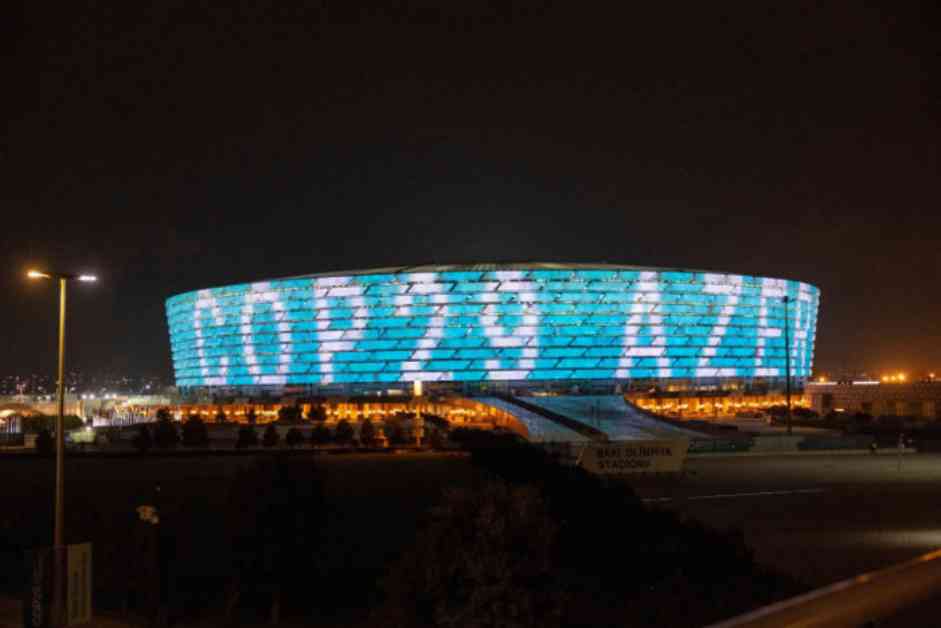Indonesia has set a goal to develop 75 gigawatts (GW) of renewable energy with the help of international investors in the next 15 years. This commitment was made by President Prabowo Subianto’s climate envoy, Hashim Djojohadikusumo, at the COP29 summit in Baku, Azerbaijan.
The plan includes implementing 100 GW of new energy in the next 15 years, with 75% of that coming from renewable sources such as solar, hydro, geothermal, and nuclear power. The remaining 25 GW has not been specified yet. Indonesia currently has over 90 GW of installed power capacity, with more than half coming from coal and less than 15% from renewables. The country has no nuclear capacity at the moment, which is a sensitive issue given Indonesia’s susceptibility to earthquakes.
To support the development of renewable energy, Indonesia’s state-power utility, Perusahaan Listrik Negara, is working on a new green transmission line that will span 70,000 kilometers. Despite the country’s potential for renewables, the lack of development in this sector has been attributed to coal subsidies that make renewable tariffs unattractive to investors.
In addition to renewable energy projects, Indonesia also plans to offer carbon offset projects to reduce carbon emissions significantly. President Prabowo aims to reforest 12.7 million hectares of severely degraded forests with funding from foreign sources, including the Bezos Earth Fund. Jeff Bezos’s green funding project has shown interest in supporting Indonesia’s reforestation efforts.
Overall, Indonesia’s push towards developing renewable energy and reducing carbon emissions demonstrates a significant commitment to combating climate change. By partnering with international investors and organizations like the Bezos Earth Fund, Indonesia is taking proactive steps towards a more sustainable future.




















